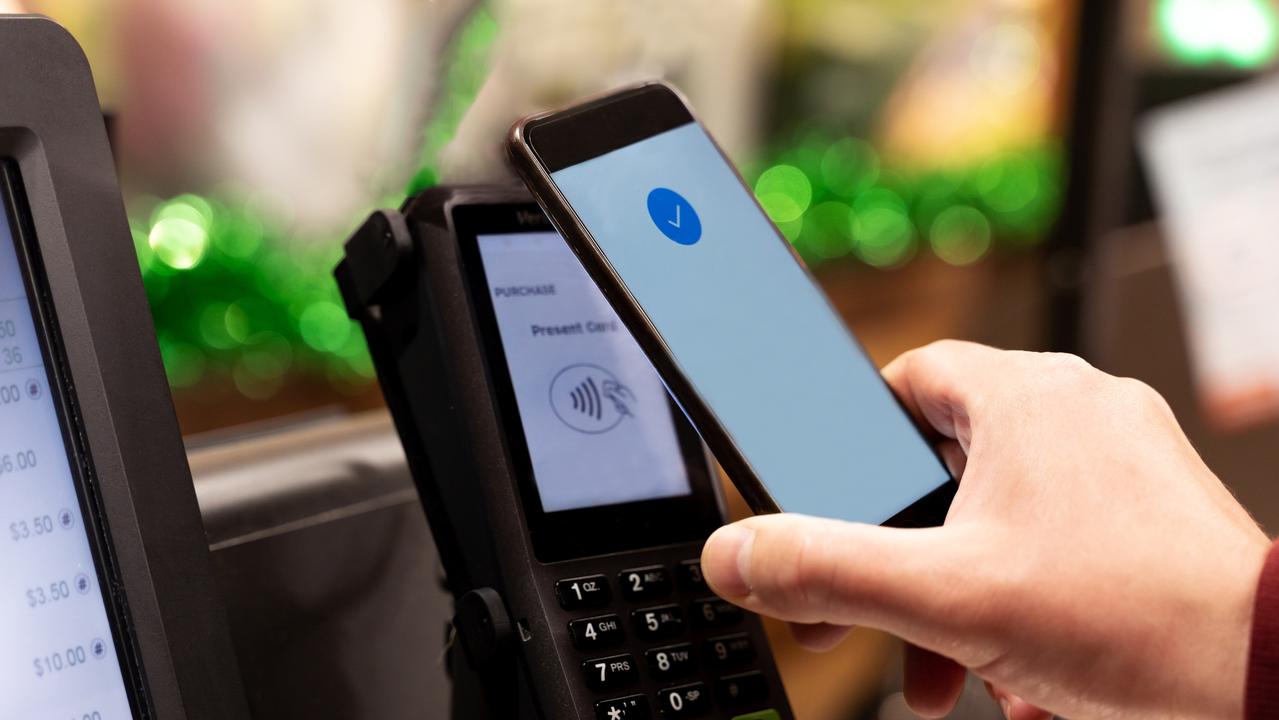Australians charged up to $140 per year for card and mobile payment surcharges – but is cash the answer?
A simple everyday act is costing Australians millions of dollars a year in unseen payments – but there’s one way to avoid the hit.
Australians are facing increasing surcharges when using plastic or digital payment methods, with a reported average cost of $140 per person annually – and some say that estimate is on the low end.
The Daily Telegraph on Friday exclusively revealed total expenditure on electronic transactions surged by $400 million in the past year, reaching a staggering $4 billion.
Most of this expense is reportedly concealed within retail prices as businesses seek to offset rising acceptance costs.
However, many merchants, particularly in the food and beverage sector, are opting to levy additional fees.
Recent data from payment terminal provider Tyro reveals a notable uptick in surcharge application among cafes and restaurants, climbing from 42 per cent to 47 per cent over the past six months.

Brad Kelly, managing director of Payment Services, whose research revealed the $140 per year estimate, told the publication that consumer surcharge costs are escalating at 10 to 15 per cent annually.
Speaking to news.com.au, leading cash advocate Jason Bryce from Cash Welcome, citing ABS household expenditure data, believed $140 from the average Australian is likely an “understatement”.
He laid out that average Australians spend an average of $1425 per week on goods and services, excluding housing ($279) and education ($44), resulting in a weekly expenditure of $1102.
After adjusting for inflation, the amount is $1376. Applying a typical surcharge of 1.5 per cent to that figure equals $20.64 per week or $1073 annually if all transactions are made through digital or card payments.
“I think some households are paying far more than $140 per year in card surcharges and possibly over $1000 per year if they tap for all purchases,” he said.
“To pay car registration of $800 with a Visa or MasterCard debit card can cost $12.”

He added laws regarding surcharges are murky, and with cash losing popularity, there is little pressure to drive fees down.
“The problems are that the laws at the point of sale are unclear,” he said.
“So there are no clear rules around surcharging, and without cash around to provide competition in payments, there is no downward pressure on surcharging.”
While merchants cannot profit from surcharges by law, they can recover payment expenses.
The Daily Telegraph report stated Square, for instance, imposes a 1.6 to 1.9 per cent surcharge on transactions regardless of card type or payment method, although the actual cost via the EFTPOS system is typically less than 0.3 per cent.
Square’s Australian revenue surged by 62 per cent in 2022, reaching $288 million, largely driven by increased transaction revenue.
In the EU and UK where surcharging is prohibited.






